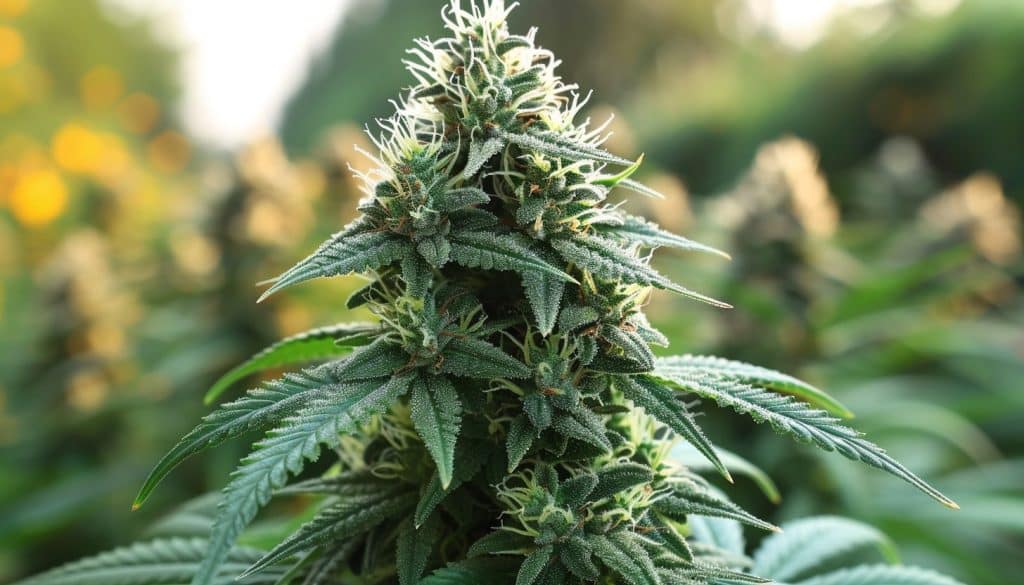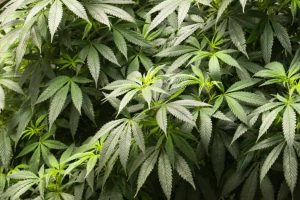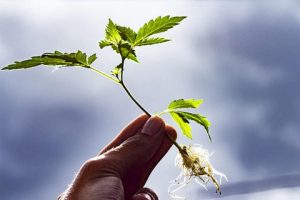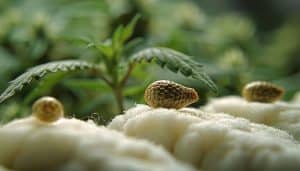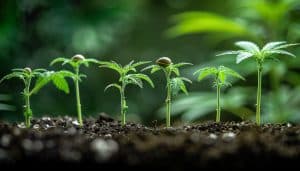Know how to grow feminized cannabis seeds is a considerable asset for growers wishing to optimize their yield. These seeds are specially designed to produce exclusively female plants, thus eliminating the risk of obtaining non-THC-producing male plants. In this detailed guide, we will cover the key steps to ensure healthy and efficient growth of your cannabis plants from feminized seeds.
Choice of feminized seeds
To begin, selecting the seed adequate plays a crucial role. It is recommended to choose seeds from a reputable supplier to ensure quality and reliability. The seeds should be hard, dry and dark brown in color with marbled patterns.
Preparation before planting
Before planting your seeds, it is necessary to prepare them correctly to maximize their germination potential. The process begins with the stratification of the seeds:
- Soak the seeds in lukewarm water for 24 hours.
- Then place them between two damp layers of paper towels and keep them in a warm place.
- Monitor regularly until the germ grows.
Arrangement of the cultivation space
The environment for your plants must be carefully controlled. For cannabis plants, an ambient temperature around 22-28°C and a relative humidity of 40-70% are ideal. Make sure the growing location is free of any drafts or excessive temperature fluctuations that could harm young plants.
Light management for growth
The light is an essential element for photosynthesis in cannabis. Using specialized LED lights for cannabis cultivation can provide a suitable light spectrum, while minimizing energy cost. Plan for a light cycle of 18 hours of light followed by 6 hours of darkness during the growth (vegetative) phase.
Plant nutrition and irrigation
Cannabis plants require various nutrients at different stages of their development. During the vegetative phase, favor fertilizers rich in nitrogen. Then switch to a fertilizer richer in phosphorus and potassium during flowering. As for watering, it must be regular but moderate so as not to saturate the substrate. Über-saturating the soil can lead to problems like mold or fungal diseases.
Techniques to stimulate flowering
To encourage your cannabis plants to enter the flowering phase, vary the light exposure to mimic the fall environment. This involves setting the light cycle to 12 hours light and 12 hours dark. This change in the light cycle encourages the plants to flower.
Disease and pest prevention
The success of your crop also depends on the ability to keep your plants healthy, free of diseases and parasites. Use natural prevention methods such as introducing natural predators like ladybugs to combat aphids. Regular cleaning and disinfection practices of your growing space will also help reduce these risks.
Harvesting and curing buds
Harvest time usually arrives after 8 to 10 weeks of flowering. The trichomes on the buds turn milky-white, an indicator that they have reached peak THC production. The harvest must be carried out delicately so as not to disturb the trichomes. Then the curing process, which can last several weeks, will refine the taste and increase the potency of the final product. Dry the plants slowly in a controlled environment then store them in airtight jars opened briefly each day to allow moisture to escape and fresh air to circulate.
